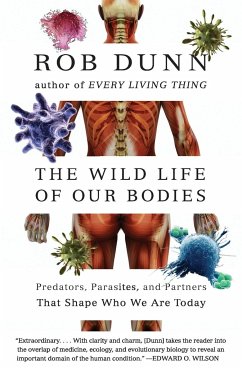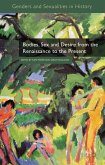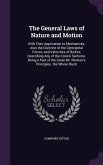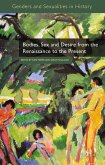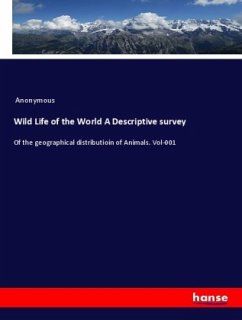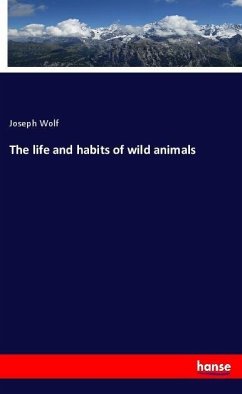In the name of progress and clean living, we scrub much of nature off our bodies and try to remove whole kinds of life?parasites, bacteria, mutualists, and predators. To modern humans, nature is the landscape outside. Biologist Rob Dunn contends that while "clean living" has benefited us in some ways, it has also made us sicker in others. We are trapped in bodies that evolved to deal with the dependable presence of hundreds of other species. This disconnect from the web of life has resulted in unprecedented effects that immunologists, evolutionary biologists, psychologists, and other scientists are only beginning to understand. Diabetes, autism, allergies, many anxiety disorders, autoimmune diseases, and even tooth, jaw, and vision problems are increasingly plaguing bodies that have been removed from the ecological context in which they existed for millennia. Dunn considers this crossroads at which we find ourselves. Through the stories of visionaries, Dunn argues that we can create a richer nature, one in which we choose to surround ourselves with species that benefit us, not just those that, despite us, survive.
Hinweis: Dieser Artikel kann nur an eine deutsche Lieferadresse ausgeliefert werden.
Hinweis: Dieser Artikel kann nur an eine deutsche Lieferadresse ausgeliefert werden.

